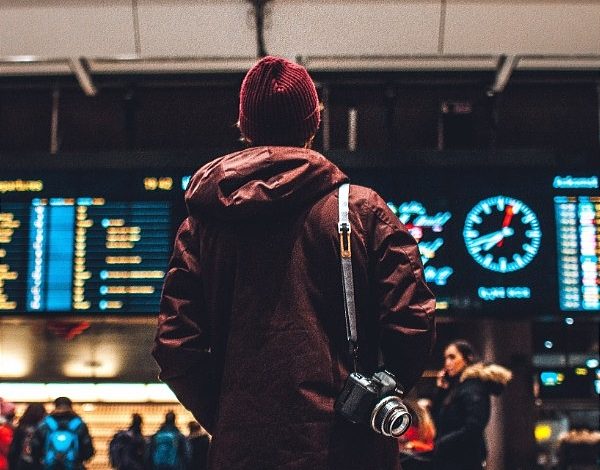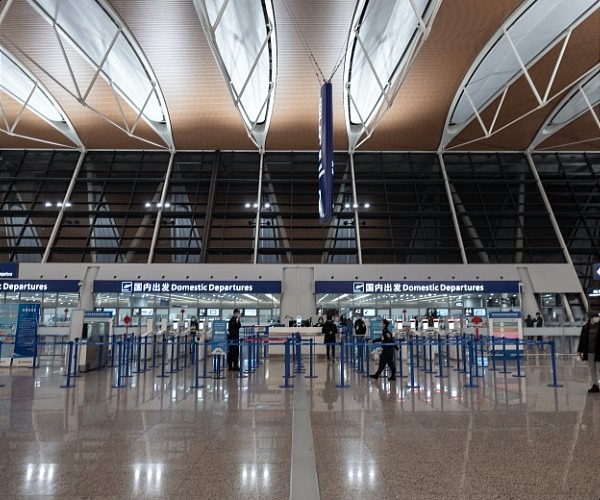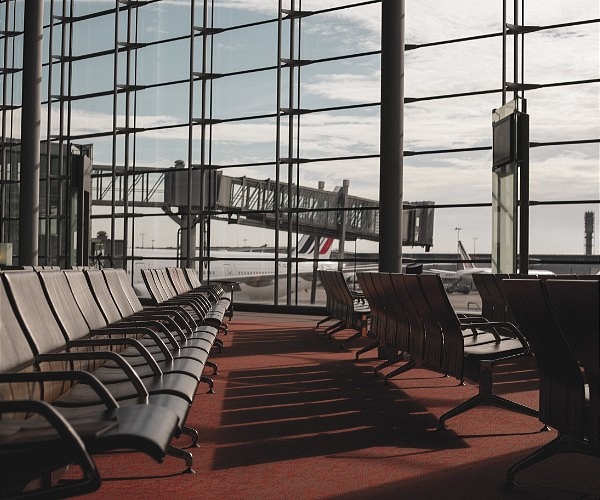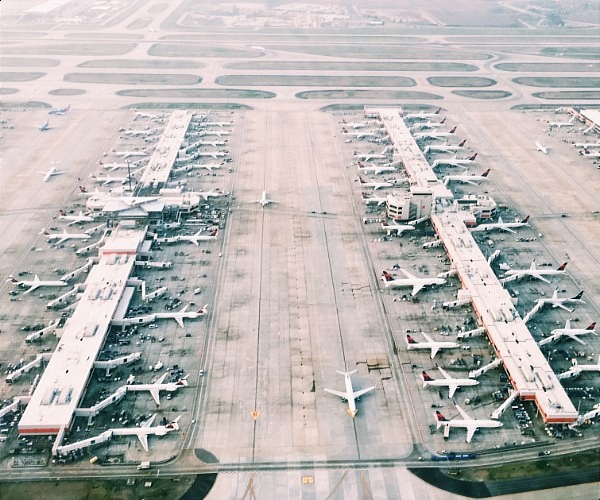100ml liquid airport security rule expires in 2024
/ 2022-12-15 14:30:47

Diplomat.Today
Paul Johnson
2022-12-15 14:30:47
——————————————-
The 100 ml rule for airport liquids, which has been in place for more than a decade, will be abolished. This rule, introduced in response to security concerns following the 9/11 terrorist attacks, has long been a source of frustration for travelers, who have had to carefully measure the amount of liquids, gels and aerosols they carry in their carry-on luggage. and limit. hand luggage.
The rule change, announced by the International Air Transport Association (IATA), will take effect in the coming months and will allow travelers to carry an unlimited amount of liquids, gels and aerosols in their hand luggage as long as they pass through security. This means travelers no longer have to decant their liquids into small bottles or risk being seized at security checks.
The decision to end the 100ml rule has been met with mixed reactions. Some travelers are excited about the prospect of being able to carry more liquids, gels and aerosols on their flights, while others are concerned about the potential safety risks.

One of the main reasons for abolishing the 100 ml rule is the increased use of advanced security technologies at airports. These technologies, such as computed tomography (CT) scanners, can accurately detect and identify liquids, gels and aerosols, making it possible to screen large quantities of these items quickly and efficiently.
The use of CT scanners has already been introduced at several major airports around the world and their use is expected to increase more widely in the coming years. This means that airport security personnel can screen larger quantities of liquids, gels and aerosols without significantly increasing the time it takes to get through security checks.
Another reason for ending the 100 ml rule is the changing nature of the threat to aviation security. In the years since the 9/11 attacks, the focus of terrorist groups has shifted from targeting aircraft to other types of attacks, such as bombings and mass shootings. This has reduced the threat of liquids, gels and aerosols, making it less necessary to impose transport restrictions.

Despite the increasing use of advanced security technologies and the changing nature of the aviation security threat, some experts are still concerned about the potential security risks of ending the 100ml rule. They argue that terrorists could still try to use liquids, gels and aerosols as part of a wider attack, and that the increased volume of these items allowed on flights could make it easier for them to do so.
IMPORTANT ANNOUNCEMENT:
If you are reading this article anywhere other than A Luxury Travel Blog, chances are this content has been stolen without permission.
Please note the web address above and contact A Luxury Travel Blog to notify them of this issue.
Thank you for helping us fight content theft.
To address these concerns, IATA has stated that airport security measures will be improved in other ways to compensate for the end of the 100ml rule. This may include increased use of trained sniffer dogs, more thorough passenger screening, and improved intelligence collection and analysis.

Despite these measures, some travelers will likely still be wary of the potential safety risks associated with ending the 100ml rule. It will be important for airports and airlines to reassure passengers that they are taking all necessary steps to ensure flight safety and allay any passenger concerns or fears.
Overall, ending the 100ml liquid rule at airports – which really won’t be until 2024 – is a major change that will have a major impact on the way travelers pack and carry liquids, gels and aerosols on flights. While it may take passengers some time to adjust to the new rules, the increased convenience and flexibility will likely be welcomed by many. As long as safety measures are improved in other ways to compensate for the change, ending the 100ml rule should pose no significant risks to aviation safety.
——————————————-



